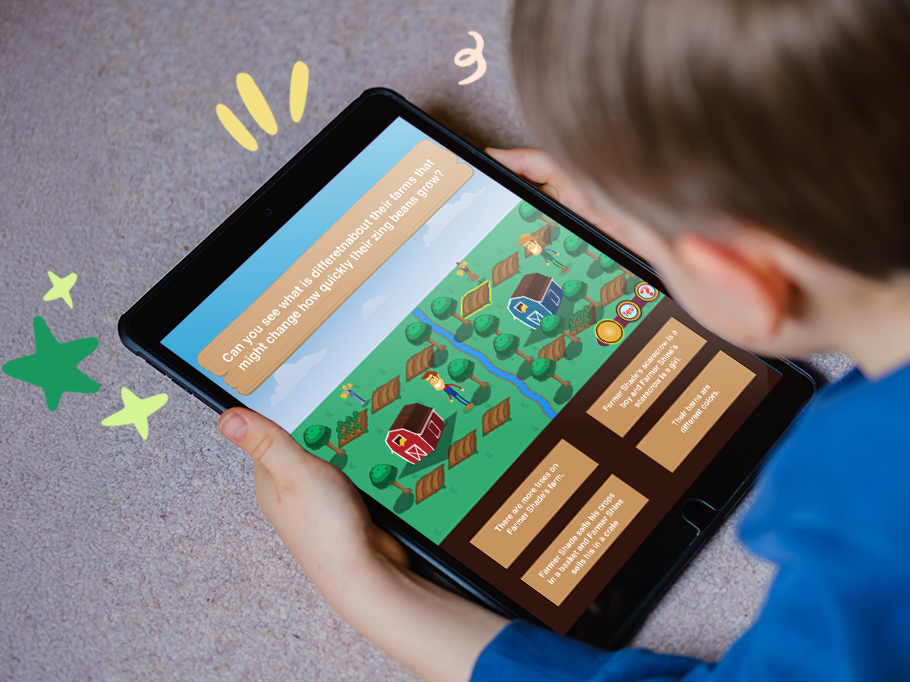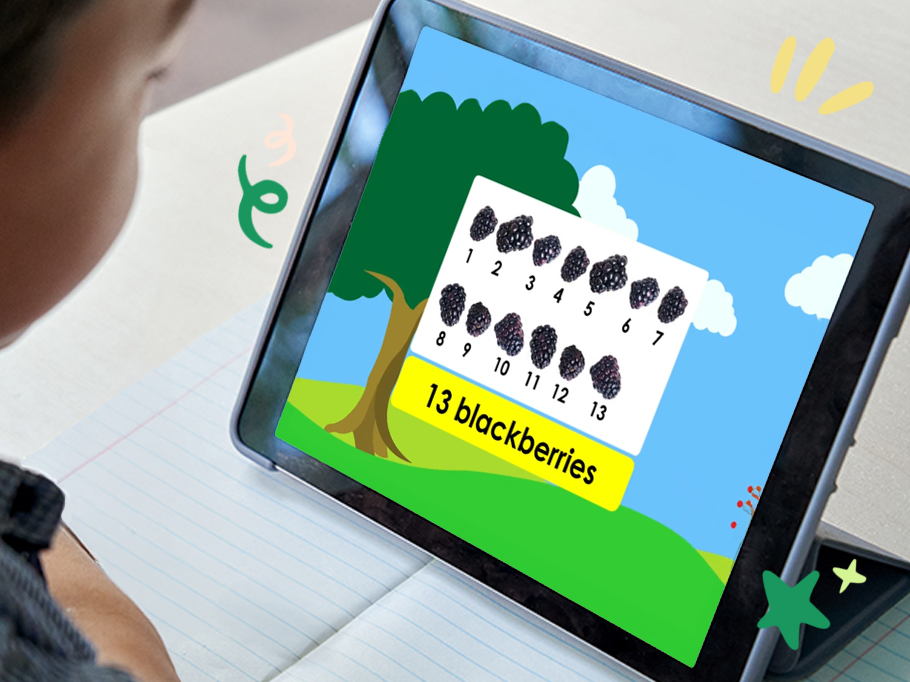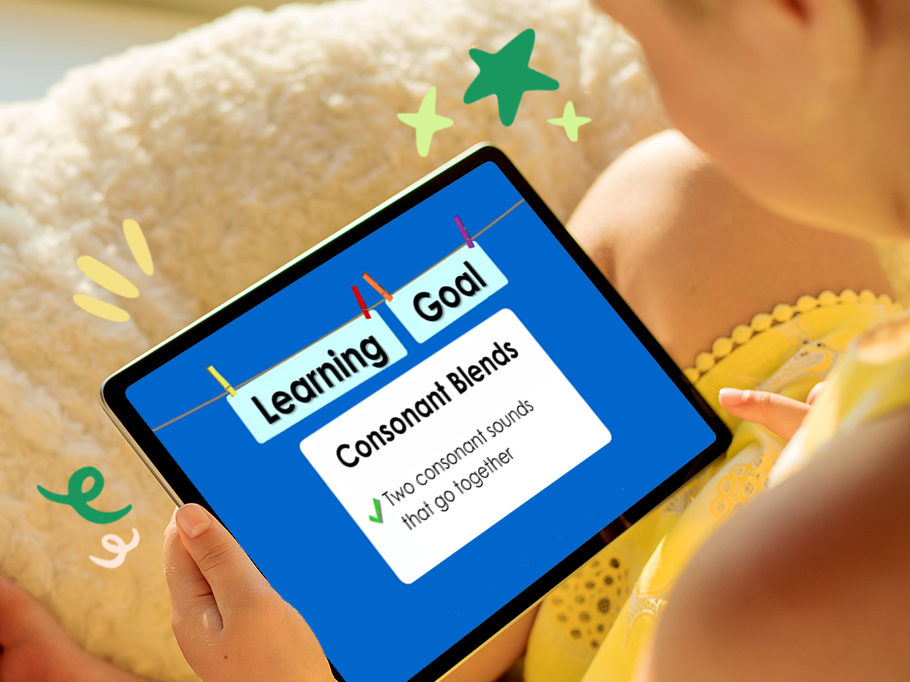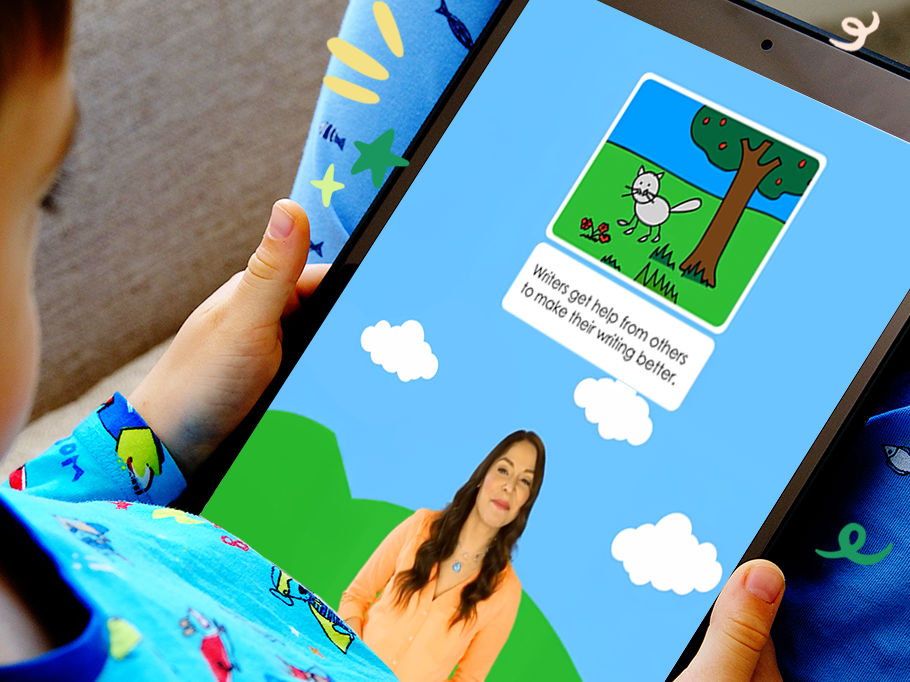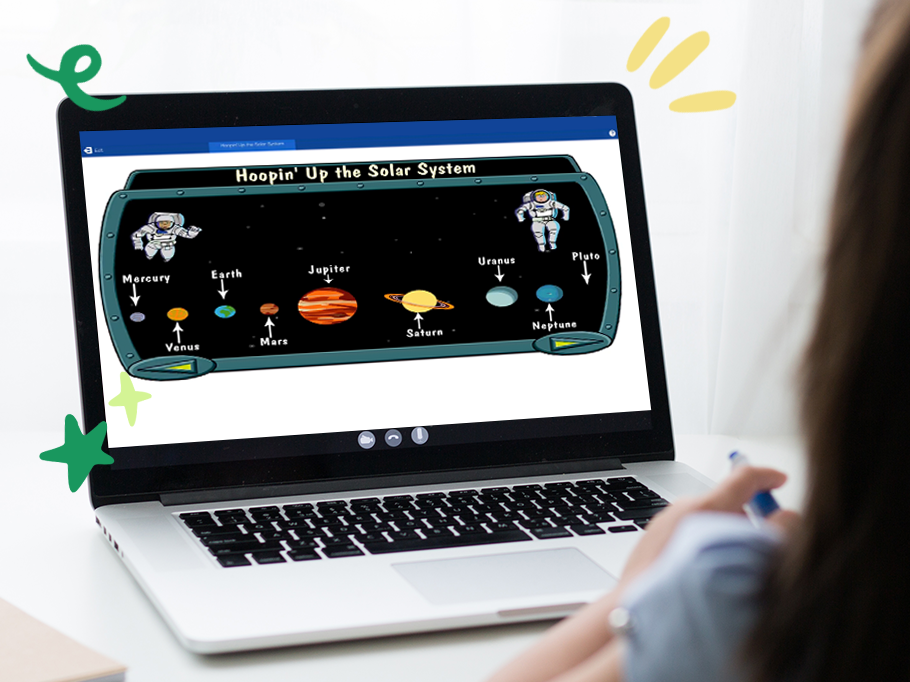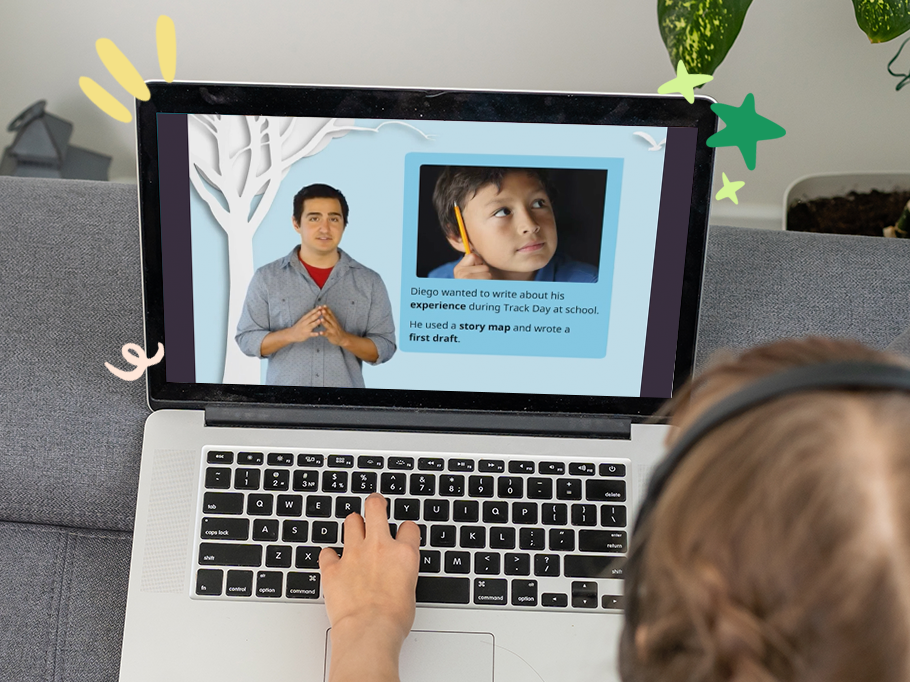
How to find a homeschool social studies and history curriculum
A social studies curriculum should give students a better understanding of the world around them and the society they live in. Merriam-Webster defines social studies as, “curriculum concerned with the study of social relationships and the functioning of society and usually made up of courses in history, government, economics, civics, sociology, geography, and anthropology.”
The Time4Learning social studies homeschool curriculum begins in PreK, when young learners are introduced to concepts that help them understand the ins and outs of a community. As students advance to higher grade levels, they’ll expand their knowledge by learning about a number of fundamental topics like human needs and U.S. history as well as more complex matters such as U.S. government and foreign policies.
Are History and Social Studies the Same?
Is social studies the same as history and vice versa? In popular culture, the distinction between history and social studies is often blurred. In truth, history (along with subjects like geography and sociology) is one subject within the field of social studies. Both history and social studies center on human experience, but the focus is different:
- Social studies generally centers on the study of groups of people, looking for trends, generalizations, and themes over the course of time.
- History emphasizes the events of the past to tell the story of the human experience through significant periods, incidents, and actions involving both groups of people and individuals.
In traditional grade-level progressions, social studies vs history reveals itself in the names of courses. A typical elementary school curriculum often features social studies as one core subject area, while middle school and high school courses tend to separate social studies into more specific categories under the social studies umbrella. For example, Time4Learning’s middle school social studies curriculum includes courses in Ancient World History, World Cultures and Geography, Civics, Government, and Economics, and US History; while the high school social studies curriculum offers US History I, US History II, Survey of World History, and US Government.
Why Do We Study History?
While your child may understand the importance of learning about people and places that are still in the world, your child may still wonder, “Why is it important to study history? Everything happened so long ago, why does it matter to me?” The important piece here is to stress that history isn’t stuck in the past. Everything that exists now is the way it is because of the past, so history affects the people, places, and events of today. Why should we study history? Because it explains the present and can help shape the future!
History, specifically, can also help your child develop certain competencies. Looking into the past requires research skills and an understanding of how perspective influences how events are documented. Your child can learn to distinguish between fact and opinion, and between reputable and non-reputable sources. Through historical study, your child will notice patterns and determine instances of when “history repeats itself.” They can connect to the personalities of those who impacted history and delve into the thoughts, values, and decisions that shaped our country and world. Who knows? History may even become the foundation for a lifelong interest or a future career!
Why Is Social Studies Important?
A homeschool curriculum would not be complete without a well-rounded social studies program. Social studies teaches students fundamental concepts in economics, politics, and culture that help them understand how the world around them works. History is also an essential focus of any social studies program. Becoming familiar with how communities work, how ancient cultures shaped modern times, and how major local and world events from long ago affect us today, are all important social studies concepts that help students become thoughtful citizens.
The main goal or purpose of learning social studies is to help students develop skills in reasoned and informed decision making, understand the developments that take place around the world, and become aware of and sensitive to other cultures. Honing these skills will lead to active and responsible members of society.
What Do You Learn in Social Studies?
Social studies covers a broad range of topics and concepts that help students have a better understanding of how modern society came to be. The following areas of study are typical of what you would find in a social studies curriculum.
- History– Becoming familiar with important events in history and how they affect the world we live in today.
- Geography– Using maps and learning where the continents, oceans, and countries are located.
- Government– The role government plays in the U.S. and other countries, as well as different political views and how they affect the citizens of a particular place.
- Economics– Learning about the consumption and production of goods and services, cost, labor, and how money affects our world.
- Religion– Studying world religions and different belief systems.
- Anthropology– Exploring ancient societies and cultures, how they lived and developed, and their contributions to modern society.
- Civics – Learning the role a citizen plays in a community as well as the knowledge and skills that help individuals become productive members of society.
Social Studies Curriculum Overview
A social studies curriculum should be inclusive of a wide range of topics, time periods, and regions. Since social studies teaches so many different concepts and subject matter, finding a curriculum that allows you to preview the material or provides access to lesson plans can give you a good idea of what your child is going to learn.
Early on, students will typically begin to understand how the world around them works on a small scale.
- Community and geography
- Major historical events, both in the U.S. and other nations
- Local government, understanding their rights as citizens
- Ethics, the role it plays in society
As students get older, they’ll further their study in the same topics, but delve into more complex themes while exploring new areas.
- Law and the judicial system
- Anthropology, exploring how other cultures and societies developed
- Ancient civilizations, how they helped create a more modern world
- Economics, concepts like labor, supply and demand, and more


